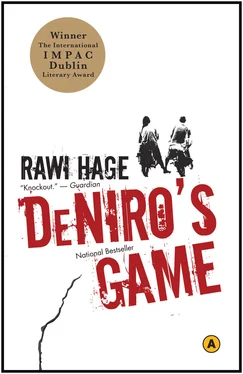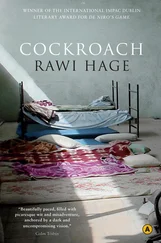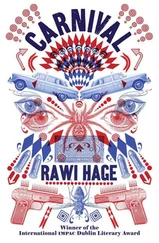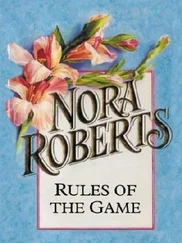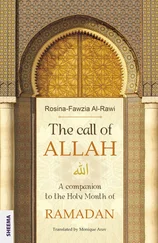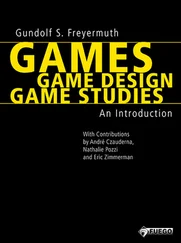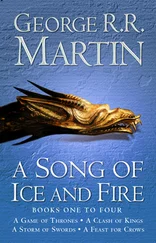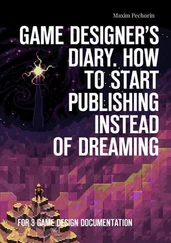THE NEXT DAY, I went back to work at the port. Abou-Tariq, the foreman, walked slowly toward me. He gave me his condolences, and I thanked him. I could see he was waiting for signs of sadness or for me to shed tears like the salty waves that dropped below our feet and fractured on the concrete edges of the dock. But I had no sadness to spare or parade. If anything, the death of my mother had liberated me. Now I would leave nothing behind. Her death had made me closer to birds and farther away from humans. Birds fly, and I aspired to my own flight. I wanted to stray, with my head close to the ground, watching the passing pebbles, and smelling dust. Now I was a creature closer to dogs than to men.
At the end of the day, I entered my apartment building and saw Rana sitting on the stairs. I walked past her without saying a word. She followed me up the stairs and into my bedroom. Then she walked around the house and began to pick up pieces of broken furniture and scattered stones.
Leave it, I said.
No! she shouted and started to cry. Then she held my hand and said, You have to fix the house. You hear? You hear me?
She picked up objects, and shed tears, and shouted at me, Days pass and you hardly say a word.
I kept silent.
Enough! Say something! Say something! She pushed me with open palms.
I tried to leave; she blocked my way. No! You are not leaving before you say something to me. No.
I pushed her away; she bounced back and obstructed my way again: No, no. No more silence.
I pushed her again. She slapped me. I held her hand and forced her hard onto the dusty floor, and then I walked down the stairs and into the city.
WHEN I MET NAJIB at the casino, it was morning and the gambling machines were still unplugged. The place smelled of the last night’s smoke, unwashed whisky glasses, and the gamblers’ heavy breath.
I am George’s friend, I said.
He nodded as he came from behind the bar and plugged in one of the machines.
LATER THAT afternoon, Najib and I met on the church stairs.
He was more nervous now than he had been in the morning.
I walked past him and asked him to follow me. He hesitated, waited a minute, then followed me down the stairs.
The church corner smelled of piss and the dew of old city walls. I handed him the money. He counted it, slipped it in his pocket, and abruptly asked me, When are you coming again?
Friday morning, as usual. Did George tell you to bring me whisky if you suspect anything?
Yeah, yeah, he told me everything, Najib said. He turned away, bouncing up the stairs in a hurry.
Friday, I called out after him.
TEN THOUSAND COFFINS had slipped underground and the living still danced above ground with firearms in their hands. Over the next few days I bought a gun from Joseph, and fixed the house walls. Winter was coming and the migrating winds were no longer welcome. Rain fell and soaked the earth and bathed my parents in soft mud. I smoked all day as I lay in my bed. The house was quiet, and I was alone.
One afternoon I picked up my mother’s radio and held it in my arms.
I pulled back the cover. Inside, the wires were green and yellow. The speaker was round and mute, tinny silver metal glued on green plastic sheets. I looked for Fairuz, but she was singing in Paris.
ON FRIDAY WHEN I went to the casino, Najib was dismissive. He made me wait for my change; finally he injected a small amount in the machine, less than the usual. While I was playing, another young man entered. Through the reflection in the glass of my machine, I saw Najib waving his hand to the man. The man made a sign to Najib and left.
I cashed my money and left.
I crossed the street and waited in the doorway of a nearby building.
I saw the young man going back into the casino. I took a long look at him and I waited. I smoked and I waited. When the man came out of the casino I followed him from afar until he got into his car and drove away.
THE NEXT TIME I saw Najib, he had new leather shoes, a leather jacket, and gel in his hair.
We met downstairs under the church. I gave him his half of the money I had made.
Najib counted it, then calmly said to me, There is more.
What did you say? I said.
There is more. You heard me.
No, that is it, I said. There is no more. I stood closer to him and looked him in the eyes.
He looked back at me and said, Yes, there is.
Inject more on the screen and there will be more for you, I said.
He said nothing but turned and left. When he got to the top of the stairs, he looked down at me and said, Najib always gets what is his.
I said, Let the little kid Najib do whatever he has to do.
He will. Najib spat on the floor and walked away with his peacock walk.
A COUPLE OF DAYS later, I went to King Falafel for a sandwich and a Pepsi. I saw George and Abou-Nahra eating. I should have known they were there by the strip of power cars stretched on the sidewalk, but I was hungry and not thinking. I tried to dodge them, but it was too late; George saw me and called me over. I walked straight to him and we kissed. Abou-Nahra had on his Ray-Ban sunglasses, so you couldn’t tell whether he was looking at you. George introduced me; the commander smiled, asked me to sit, and invited me for a sandwich. I declined, but he insisted, shouting to the boy behind the counter. So I ate.
Abou-Nahra was surrounded by men I recognized: Kamil, Joseph, and Abou-Haddid, Khalil’s friend, who waved from a table behind us and asked me if I still worked at the port.
It is slow these days, I said.
George told Abou-Nahra that my father had been the founder of a radio station in the 1950s. Abou-Nahra said he had known my late father and my uncle Naeem. The communist, he said and smiled. He left us for the other side. How is he doing?
We never hear from him, I said.
We were on the same volleyball team. Did you know that?
No. I must have been a kid at the time.
You are still a kid now. He laughed.
When Abou-Nahra was ready to leave, his men stood up. Some crushed the paper wraps in their hands and shoved their sandwiches into their mouths. Abou-Nahra put his arm around my neck. He tapped one finger in his palm slowly and said in his deep voice, George, bring this fighter to the centre one day to join. We don’t want him to join the other side like his uncle. We always need good young men.
George was evasive; he muttered something in a low voice. I watched Abou-Nahra. I still wanted to see his eyes. George winked at me, went out with the men, and then came back inside and sat across from me. When I finished eating, we walked down the street to a jeep parked on the sidewalk.
That’s Khalil’s jeep, I said.
Yeah, he won’t need it any more.
We drove down to the stretch of road under the bridge. We parked. George kept his M-16 by his side. I moved back in my seat, just enough to feel my own gun pressing against my back. We could hear the sound of rushing cars from above.
When are you leaving? George asked, looking straight at me.
Not yet.
Najib visited me last night. He said that you owe him money.
Your cousin is a liar, I said. He has another person in the deal.
I’ll talk to him. How is Rana?
She’s fine.
Listen, I’m leaving next week for Israel. We are going by ship. I will leave you the keys to the apartment. If Nabila asks, tell her that I went camping in the mountains with some friends.
George slipped his hand onto his rifle. He pulled it out slowly and placed it on the back seat. Then he turned on the jeep’s engine and we drove back to the neighbourhood.
When I stepped out of his jeep, George looked at me and said, I will talk to my cousin.
I WAITED FOR NAJIB at the top of the hill outside the city, as we had arranged earlier that day.
Читать дальше
